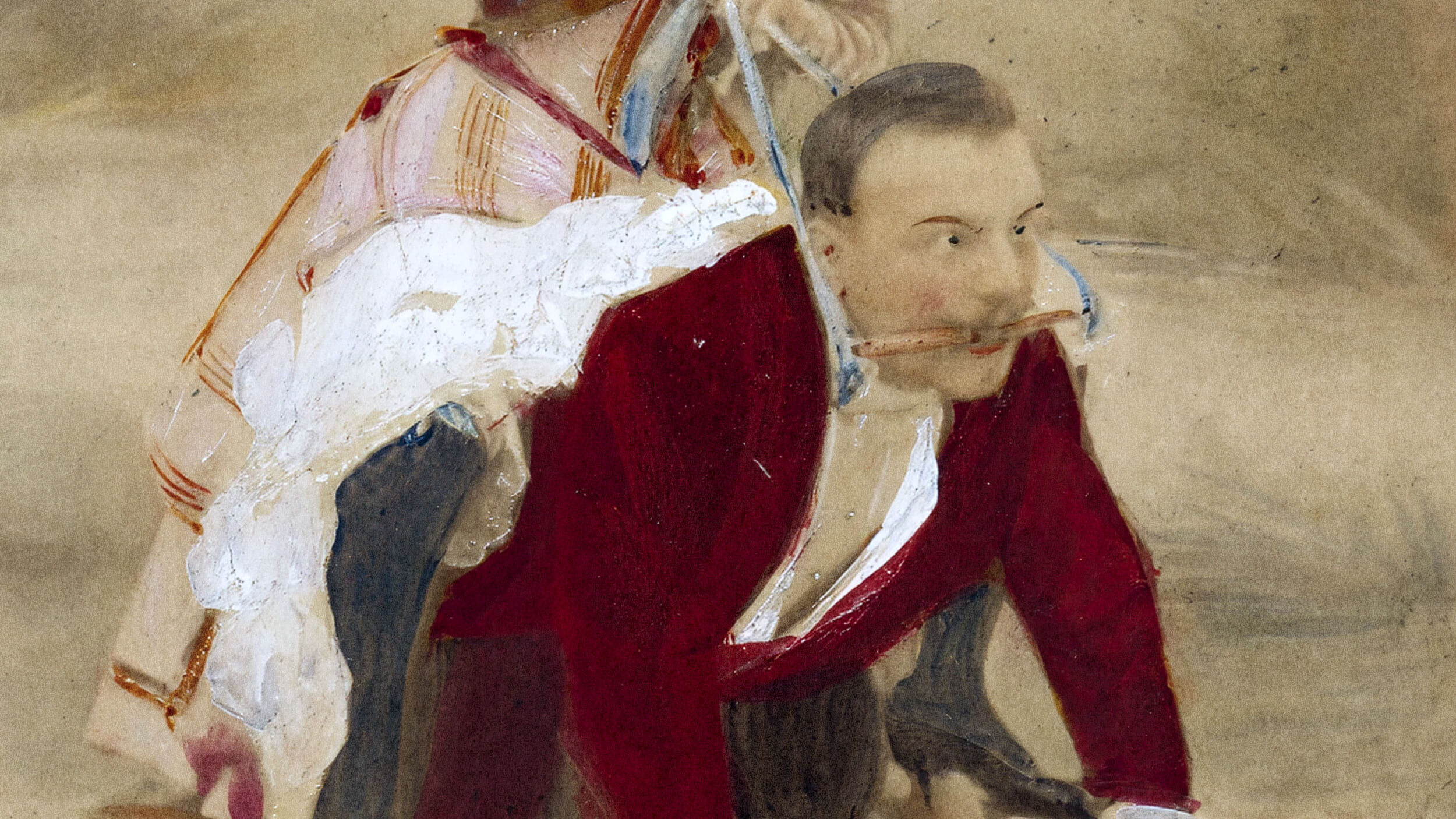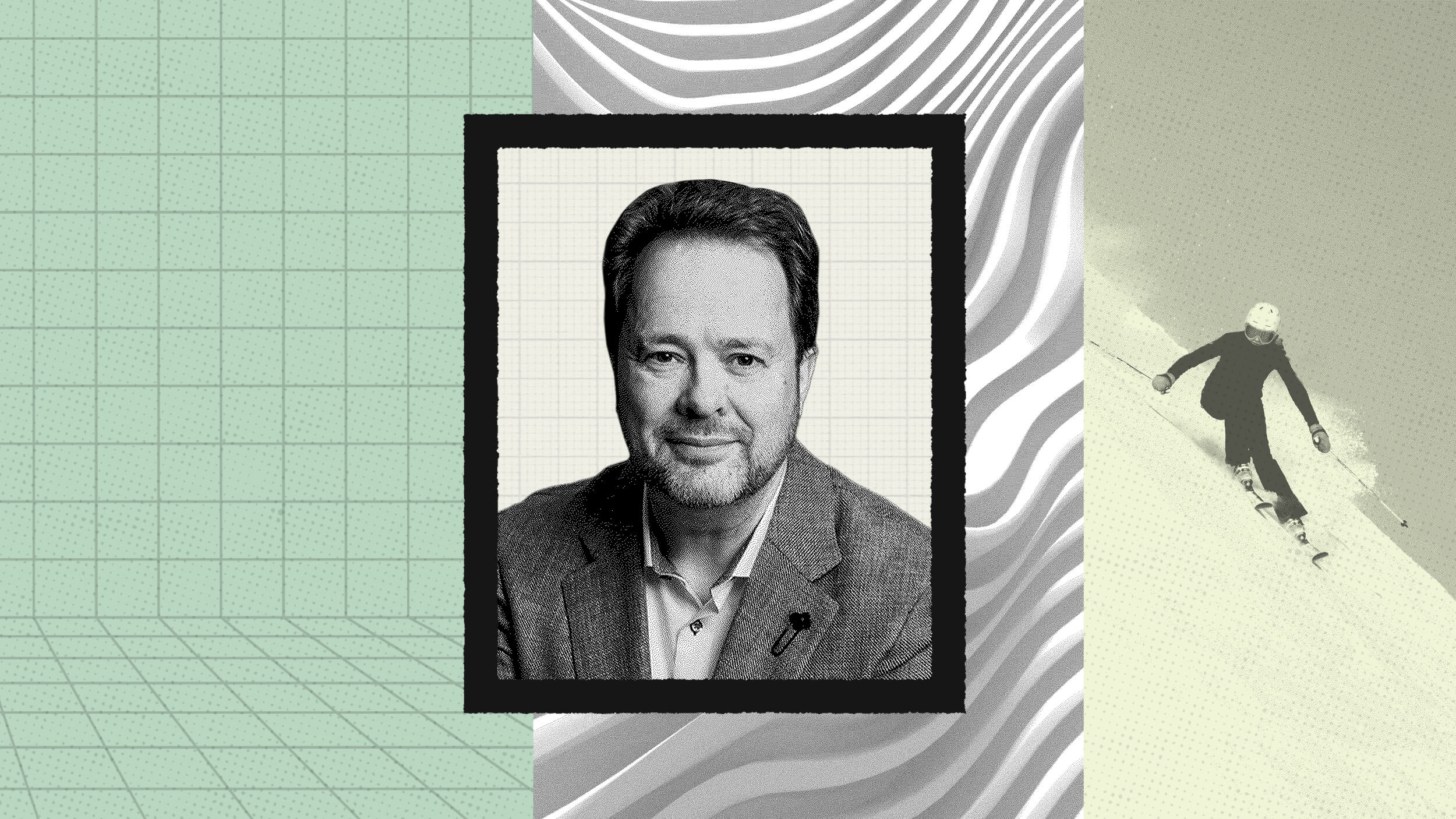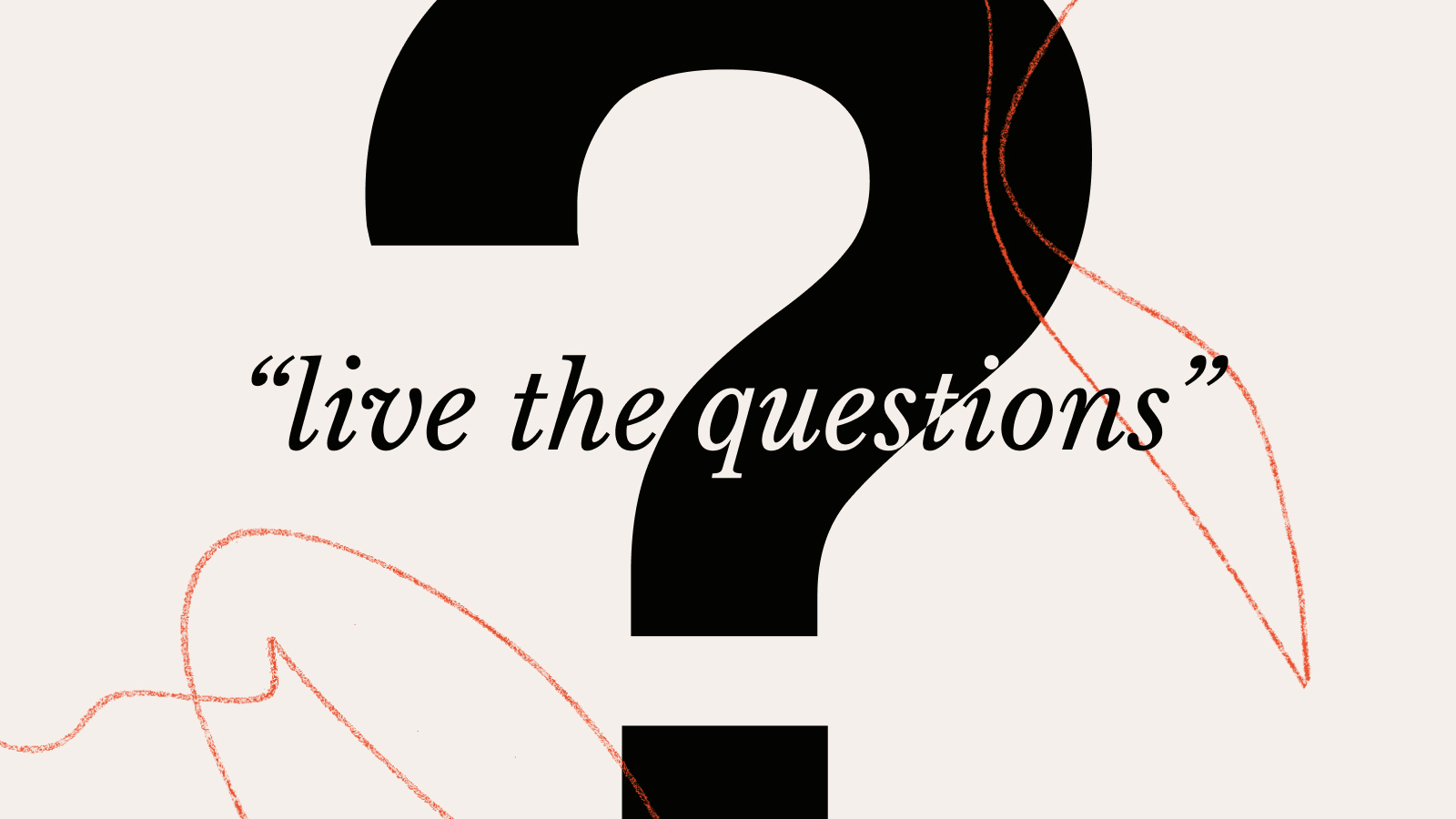Objectivity, Lemann says, emerges from vigorous juried conversation.
Question: Can journalists be truly objective?
Nicholas Lemann: Yes. And the very widespread critique of objectivity sort of drives me crazy, because it’s . . . it has this sort of eternal quality, and it entails a quite unsophisticated understanding of what objectivity means, or a way of sort of defining it very tendentiously as a possibility. I think objectivity is really important and is a goal to strive for. And the fact that people can’t achieve it doesn’t mean it should be thrown out as a goal. It’s like saying, you know, so many marriages end in divorce. We really should abolish marriage. There’s a not a fun beach read, but a very important book that’s just out that I’m learning about now called “Objectivity” by two historians of science named Lorraine Dastin and Peter Galison. And it’s not about the press. It never mentions the press. It’s about . . . It’s a history of scientific atlases. But you know from it you can get a very useful sort of vocabulary and taxonomy and definition . . . or series of definitions about what objectivity is. And one of the things they say is objectivity has meant different things at different times in history. What objectivity is, they argue – and I find this persuasive – is objectivity is about subjectivity. To hold objectivity up as a goal means that you believe that totally subjective responses to everything by people whose job it is to sort of seek information is not a good thing. And so you have to put some mechanism in place to try to avoid being just completely individual and subjective in how you look for information. And then the question is what is the mechanism, and how does it work, and what are the strictures? They make a forceful case that the idea that, you know, you have to be totally non-judgmental is one, but only one of several versions of objectivity. So to conflate objectivity with complete sort of stenography in journalism is not accurate – a refusal to take sides, or a refusal to say one side’s right and one side’s wrong. There’s another really good book about this – and also not about journalism, but you can kind of extrapolate – is called “Objectivity is Not Neutrality” by Thomas Haskell, a historian at Rice University. And again it argues that it is wrong to understand objectivity as requiring people not to have an opinion or not to make judgments about everything.





